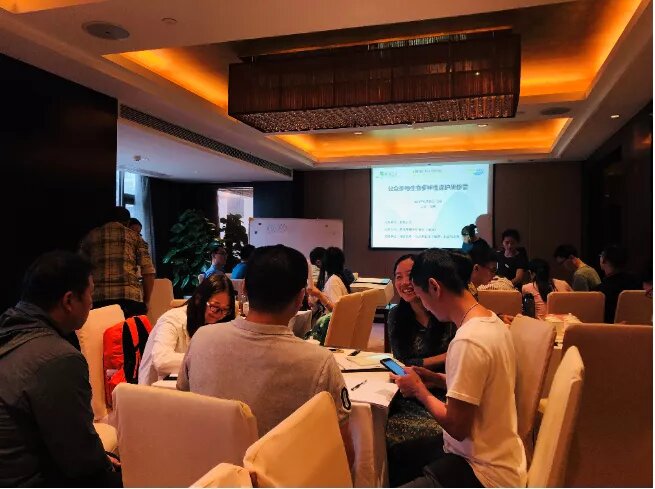
Friends of Nature (FON), supported by the Heinrich Böll Stiftung (hbs) Beijing Representative Office, organized two workshops regarding public participation in biodiversity conservation in in June and September, 2019. The workshop in Kunming mainly attracted participants from local conservation groups, while the seminar in Beijing drew attendance from university researchers and students.
FON developed a handbook and a toolkit for the participants of the workshop. The handbook compiles important tools for supporting public participation in biodiversity issues and various practical case studies.
The workshops consisted of six thematic sessions, which are the main ways for the general public to participate in biodiversity conservation within the framework of the laws and regulations of the People’s Republic of China:
- public participation in construction project planning
- disclosure of government information
- public participation in environmental impact assessment
- environmental public interest litigation
- report/complaints and supervision
- public participation in legislation of environmental protection
The training was delivered in a very participatory manner with a number of exercises and group discussions. One key exercise for the participants was based on the past efforts to protect of the Green Peacock (also known as Pavo muticus). This peacock is classified as an endangered species by the International Union for Conservation (IUCN) and mainly inhabits Yunnan province in southern China.
Notably, based on the contextual background of the Green Peacock case, a role-play multi-stakeholder roundtable was organized in both workshops. Participants played the roles of members from the affected communities, representatives from the hydropower construction company, environment impact assessment (EIA) body, local environmental protection administration, provincial government authority, NGOs, authority of the conservation areas, and environmental lawyers. The participants presented their claims, respective positions, and actively cross-examined some factual and legal arguments from their perspectives.